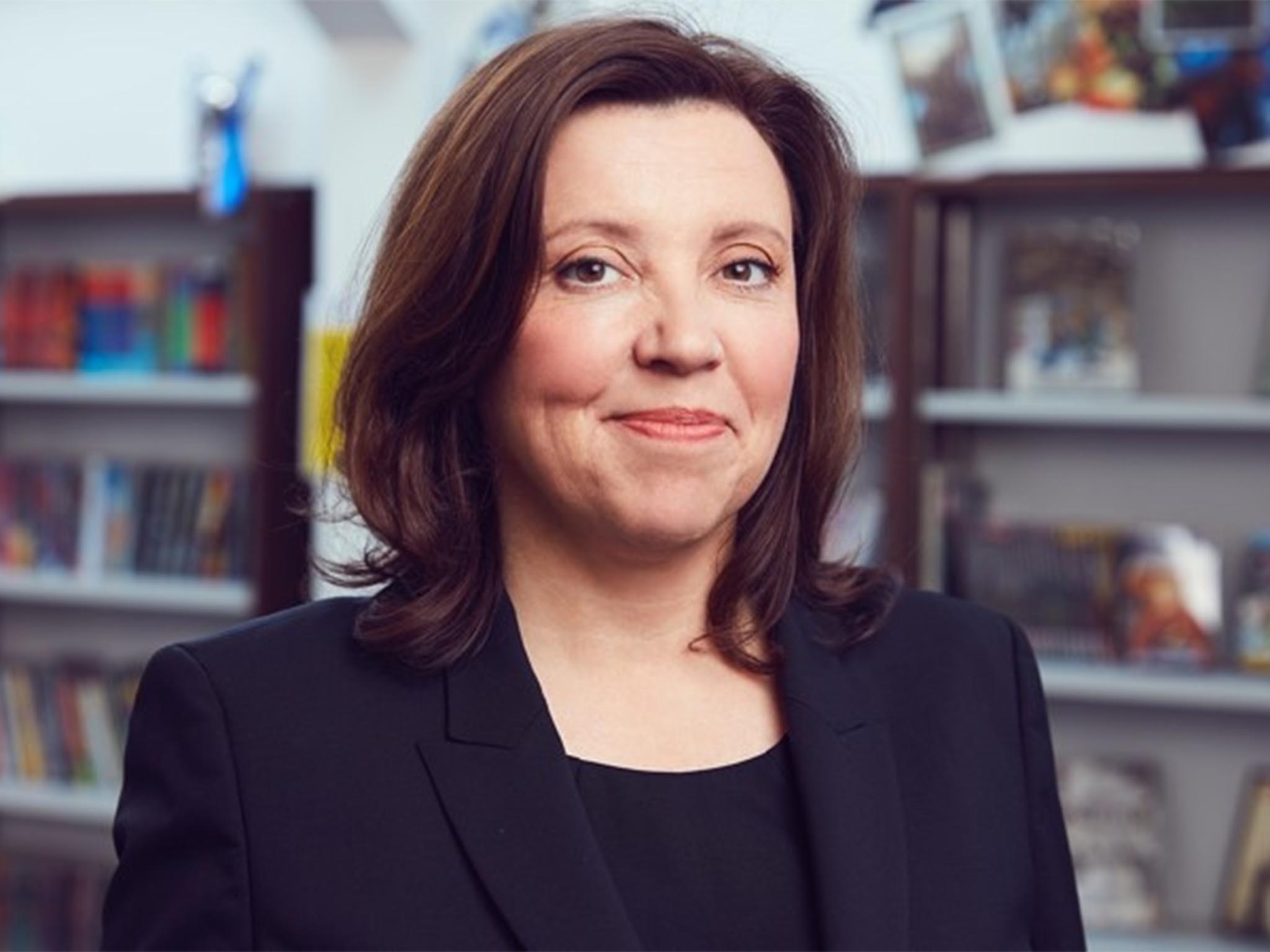
A report by the children’s commissioner for England has concluded there is no accurate data on how many children there are in the country.
The revelation came as part of a review by Rachel de Souza, the commissioner, which saw all 151 of England’s local authorities (LAs) surveyed and ultimately found that many “do not have an accurate figure of how many children there are in England – let alone the number of children not receiving education”.
It also discovered that the majority of councils relied on time-lagged population estimates to gauge how many children were in the local authority, but that migration and other factors such as trafficking meant this information was often inaccurate.
“It is crucial that we know where all children are, and that we develop the necessary infrastructure to maintain this understanding,” Dame Rachel said following the report’s publication.
She added that “there are hundreds of children that have never interacted with the education system that we know nothing about”, including children who may have gone missing from care or been trafficked into the UK.
“While the majority of children are attending every day, there are tens of thousands of children who are persistently or severely absent or missing from education altogether,” Dame Rachel said
Citing complications caused by the pandemic, the commissioner also said there were “some children who haven’t come back [to school] after the lockdowns, and not just because of having to isolate due to Covid”.
The report calls for local authorities to collect and access more regularly updated data on children and their movements, including on immigration from the Home Office.
One option, it advised, would be a “unique identifier” for each child on databases that “would enable [LAs] to better track children who move around the system ... and allow services to support them back into school”.
Out of the 145 LAs that responded to the survey – making up 96 per cent of the country’s total – just 39 per cent could provide an estimate on the number of children who missed at least a week of school waiting for a school placement, while fewer than one in five could estimate the number of children attending independent schools. Additionally, only 8 per cent could give an estimate of the number of children being home-schooled and not registered with the LA as a result.

In total, 92 per cent were able to provide an estimate of the number of children missing from education but these estimates ranged from 0 per cent to 4.1 per cent, suggesting significant gaps in the data.
In a statement, the Local Government Association (LGA) said it was “pleased” the government was acting on councils’ concerns by introducing a register of children not in school.
But it added: “The safety net that schools and councils provide to ensure that children do not miss out on their entitlement to education is stretched to capacity, exacerbated by a lack of resources and powers available to councils to fulfil their statutory duties – which worsened as a result of the pandemic.
“We would like the government to work to raise the profile of children missing formal full-time education, and to resource councils adequately to fulfil their responsibilities in ensuring all children receive a suitable education.”
Dame Rachel’s report estimated that 22 per cent of state school pupils, or more than 1.7 million, were “persistently absent” in the 2021 autumn term. A pupil is counted as persistently absent if they miss 10 per cent of classes. That coincides with the hundreds of thousands of children known to have missed school during the pandemic with either confirmed or suspected cases of Covid.
However, Dame Rachel said that even prior to the pandemic there were children who were “falling through the gaps in education” if they were waiting for a school place, were being home educated because their needs were not being met in school, or who had simply “fallen off the radar”.
She stressed that recent tragedies such as the death of Arthur Labinjo-Hughes showed the importance of knowing where vulnerable children were in order to keep them safe.
“My mission is to help make England the best place to grow up in the world,” Dame Rachel said. “This means the ambitions of every child being matched by the support around them – by their family, schools and, where needed, being able to access brilliant mental health, social care and special educational needs and disabilities (SEND) support.”






